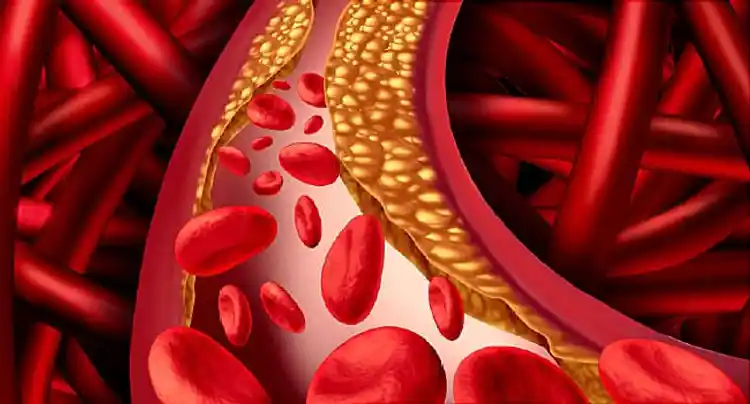What Is Cholesterol?

Hide Video Transcript
Video Transcript
Cholesterol is essential for good health.
This waxy, fat-like substance is produced naturally -- mainly in our liver. But it also comes from the food we eat -- like eggs, fatty meats, and cheese.
Cholesterol is a key component for critical functions. Your skin uses cholesterol to convert sunlight into vitamin D.
Some glands need it to make hormones such as estrogen, testosterone, and cortisol.
Cholesterol helps your liver create fat-dissolving bile acids, which help with digestion.
And it's a crucial building block in every cell membrane.
Cholesterol doesn't dissolve in blood -- so it needs special proteins to help move it through the bloodstream. These lipoproteins wrap themselves around cholesterol molecules -- and deliver them to where they're needed most.
There are two main types: high-density lipoproteins, called HDL and low-density lipoproteins, called LDL.
Most of the body's cholesterol is made up of LDL -- also known as the 'bad' cholesterol.
When too much of it builds up in your bloodstream, it sticks to artery walls and helps form plaque, which can lead to heart attacks or strokes.
HDL is considered the 'good' kind because it acts like a scavenger -- absorbing excess cholesterol in your blood and taking it back to your liver, where it's flushed from your body.
It's important to monitor your cholesterol levels regularly -- so you can help keep your HDL high and your LDL low!
This waxy, fat-like substance is produced naturally -- mainly in our liver. But it also comes from the food we eat -- like eggs, fatty meats, and cheese.
Cholesterol is a key component for critical functions. Your skin uses cholesterol to convert sunlight into vitamin D.
Some glands need it to make hormones such as estrogen, testosterone, and cortisol.
Cholesterol helps your liver create fat-dissolving bile acids, which help with digestion.
And it's a crucial building block in every cell membrane.
Cholesterol doesn't dissolve in blood -- so it needs special proteins to help move it through the bloodstream. These lipoproteins wrap themselves around cholesterol molecules -- and deliver them to where they're needed most.
There are two main types: high-density lipoproteins, called HDL and low-density lipoproteins, called LDL.
Most of the body's cholesterol is made up of LDL -- also known as the 'bad' cholesterol.
When too much of it builds up in your bloodstream, it sticks to artery walls and helps form plaque, which can lead to heart attacks or strokes.
HDL is considered the 'good' kind because it acts like a scavenger -- absorbing excess cholesterol in your blood and taking it back to your liver, where it's flushed from your body.
It's important to monitor your cholesterol levels regularly -- so you can help keep your HDL high and your LDL low!
